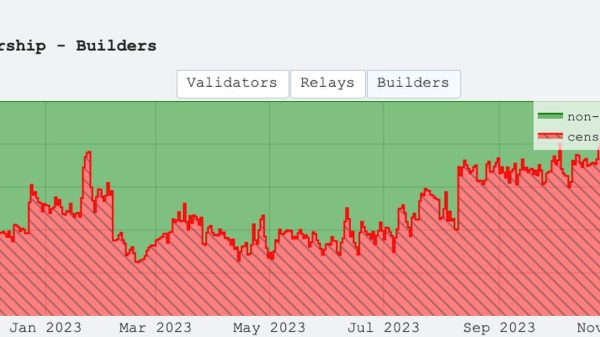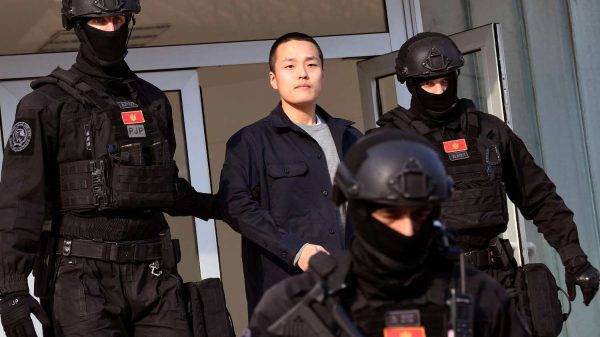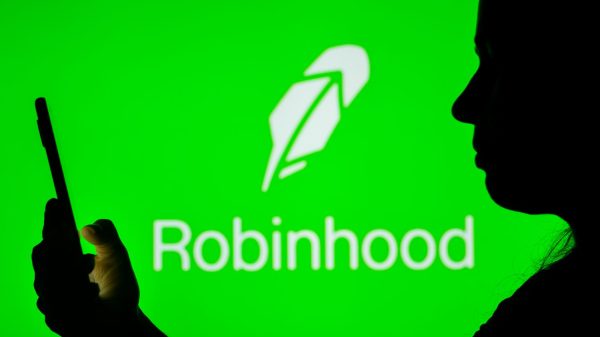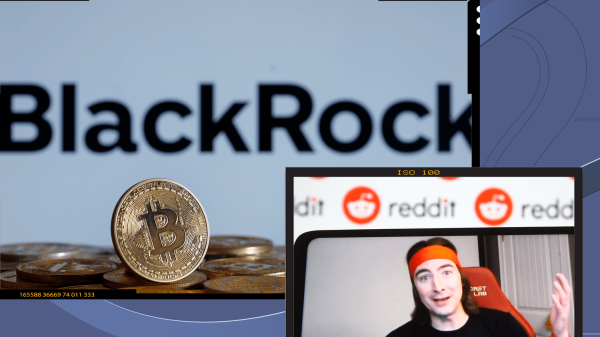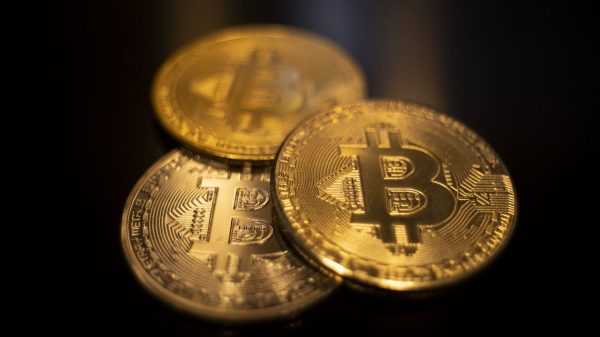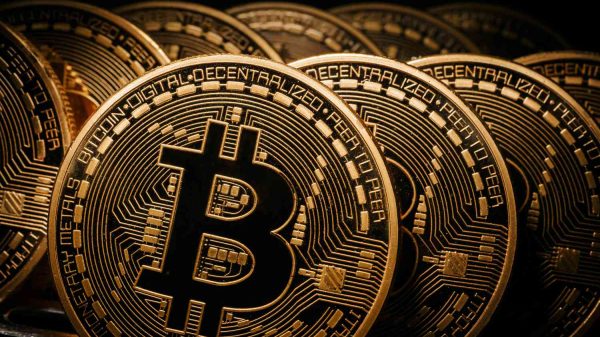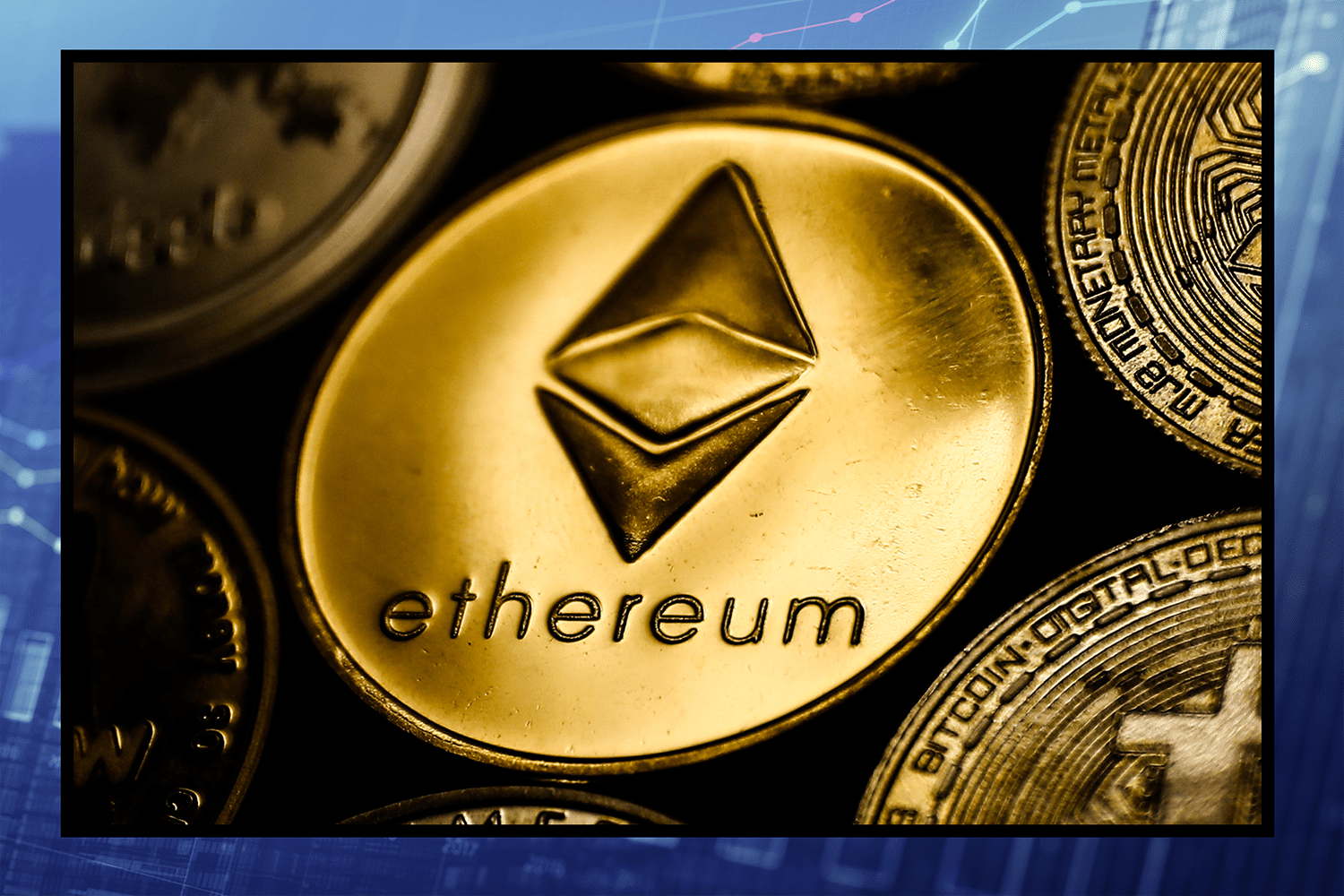Ethereum, one of the leading blockchain platforms, is set to undergo a significant network upgrade known as Deneb-Cancun, or Dencun, on Wednesday. This update aims to improve user experience, enhance scalability, and reduce transaction fees for users on the network’s Layer 2 blockchains. As of Tuesday, Ether (ETH), the native cryptocurrency of Ethereum, was trading close to $4,000.
The Dencun update, scheduled to be activated on Wednesday, focuses on scalability, efficiency, and security by implementing various Ethereum Improvement Proposals (EIPs). One of the most notable changes is EIP-4844, which introduces proto-danksharding to optimize gas fees for Layer 2 network (L2) data. This enhancement aims to boost the network’s capacity to handle higher transaction volumes through secondary layers.
As the Dencun update rolls out, exchanges may experience delays in processing Ethereum transactions. Coinbase has informed users to expect disruptions lasting at least an hour around 6:45 a.m. Pacific time, while Kraken anticipates a 15-minute delay for maintenance around 8 a.m. UTC. Users are advised not to place or cancel orders during these periods.
Layer 2 networks, such as rollups, are additional blockchains layered on top of the base Ethereum network to increase transaction scalability. Rollups bundle transactions to compress data, with initial verification occurring off-chain and settlement on the main Ethereum blockchain. However, the storage of Layer 2 data by processing nodes leads to higher hardware requirements and increased transaction fees for users. The Dencun upgrade introduces a new approach by allowing Layer 2 data to be stored as temporary, efficiently managed “blobs” on the Ethereum blockchain for a limited period, significantly reducing costs.
With Ethereum facing challenges such as slow transaction speeds, low throughput, and high user costs, the Dencun upgrade aims to address these issues and enhance Ethereum’s competitiveness. Grayscale’s report highlights the importance of reducing transaction fees to prevent users from migrating to alternative chains like Solana. The upgrade is expected to position Ethereum as a more scalable platform, potentially attracting more users and enhancing its global presence.
The success of the Dencun upgrade will be measured by tracking metrics such as the number of active addresses on Layer 2 networks. By differentiating itself from competitors and transitioning into a global database for Layer 2 networks, Ethereum aims to solidify its position in the blockchain ecosystem. As the update unfolds, the industry will closely monitor Ethereum’s performance and user adoption to gauge the impact of these significant changes.







